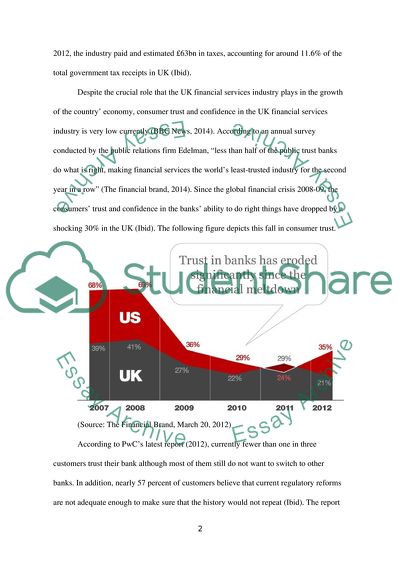Cite this document
(“Financial regulation, law and compliance Essay Example | Topics and Well Written Essays - 3000 words”, n.d.)
Financial regulation, law and compliance Essay Example | Topics and Well Written Essays - 3000 words. Retrieved from https://studentshare.org/finance-accounting/1675826-financial-regulation-law-and-compliance
Financial regulation, law and compliance Essay Example | Topics and Well Written Essays - 3000 words. Retrieved from https://studentshare.org/finance-accounting/1675826-financial-regulation-law-and-compliance
(Financial Regulation, Law and Compliance Essay Example | Topics and Well Written Essays - 3000 Words)
Financial Regulation, Law and Compliance Essay Example | Topics and Well Written Essays - 3000 Words. https://studentshare.org/finance-accounting/1675826-financial-regulation-law-and-compliance.
Financial Regulation, Law and Compliance Essay Example | Topics and Well Written Essays - 3000 Words. https://studentshare.org/finance-accounting/1675826-financial-regulation-law-and-compliance.
“Financial Regulation, Law and Compliance Essay Example | Topics and Well Written Essays - 3000 Words”, n.d. https://studentshare.org/finance-accounting/1675826-financial-regulation-law-and-compliance.


